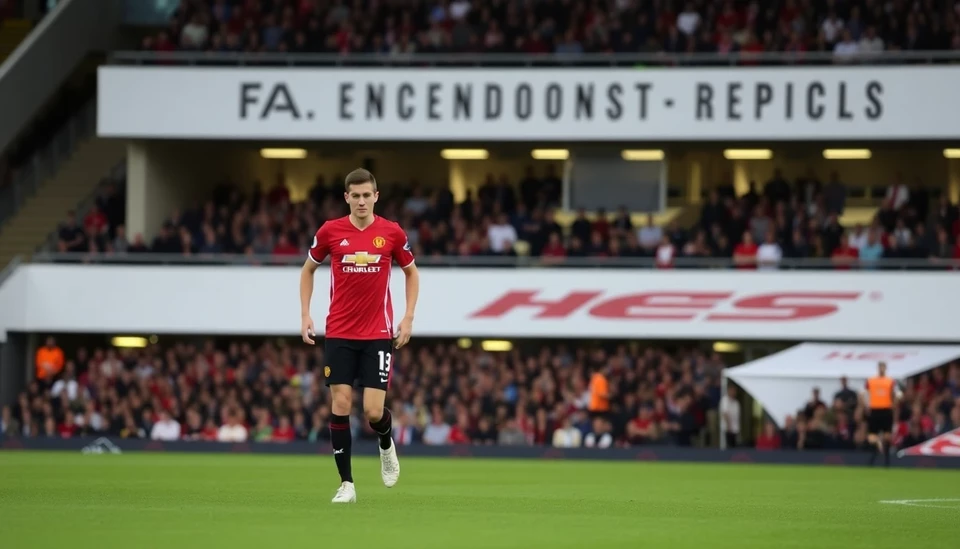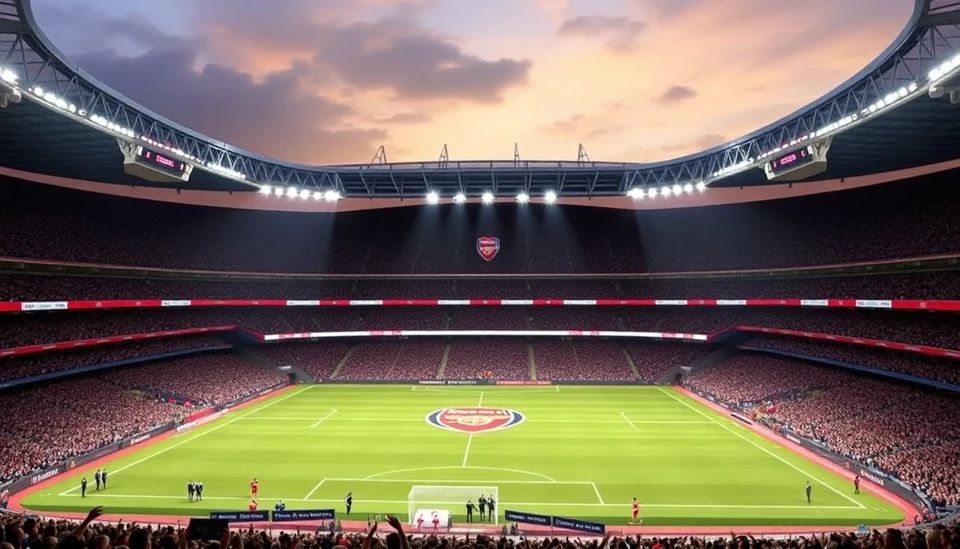
The Premier League, one of the most lucrative and popular football leagues in the world, is facing an unprecedented wave of government regulation as the UK government intensifies its scrutiny of club finances. This development is part of a broader push to ensure financial accountability and sustainability within the league, which has recently come under criticism for excessive spending and fiscal mismanagement.
In recent discussions, ministers have signaled their intent to introduce tighter controls and oversight mechanisms to prevent clubs from accumulating unsustainable debt levels, which could threaten their operations and the broader integrity of the league. The regulatory measures are being developed in response to alarming reports regarding several clubs that have faced significant financial distress, raising concerns among stakeholders about the long-term viability of the league.
One of the key aspects of the proposed regulations includes mandatory financial reporting for all Premier League clubs. This would require teams to disclose their financial positions regularly, allowing for closer monitoring by both the league and governmental authorities. The goal is to foster transparency and ensure that clubs operate within their means, particularly as they navigate the complexities of player wages and transfer market expenditures.
Furthermore, there are suggestions for implementing salary caps or restrictions on player transfers, aimed at leveling the playing field among clubs regardless of their wealth disparity. While these measures may help curb reckless spending, they could also provoke backlash from clubs that argue such regulations would hinder their competitive edge in both domestic and international contexts.
The government’s involvement in regulating one of the country’s most beloved sports leagues is not without its controversies. Critics of such intervention argue that the market should dictate the financial practices of football clubs, and that government oversight could stifle the very essence of competition that makes the Premier League so appealing to fans worldwide.
Additionally, the Premier League has its own financial Fair Play regulations designed to ensure clubs don’t spend beyond their means. However, the effectiveness of these rules has come into question, prompting the government to step in and propose more stringent regulations to safeguard the future of the sport.
As the debate unfolds, stakeholders from various sectors—including club owners, players, and fans—are weighing in on the potential implications of government intervention. Some believe that enhanced regulations could restore trust in the league, while others fear that overreach could alter the competitive landscape irreversibly.
In conclusion, the Premier League finds itself at a critical juncture, navigating a path that could lead to significant changes in how clubs operate financially. With a decision on the new regulations anticipated in the coming months, anticipation and concern are mounting within the football community as all eyes remain on the government's actions.
As this story develops, it is clear that these unprecedented government regulations could redefine the economics of football in the UK, having lasting impacts on the clubs, players, and fans alike.
#PremierLeague #FootballRegulations #FinancialScrutiny #UKGovernment #ClubFinances #Sports #FairPlay #FootballFans #EconomicImpact
Author: Victoria Adams




